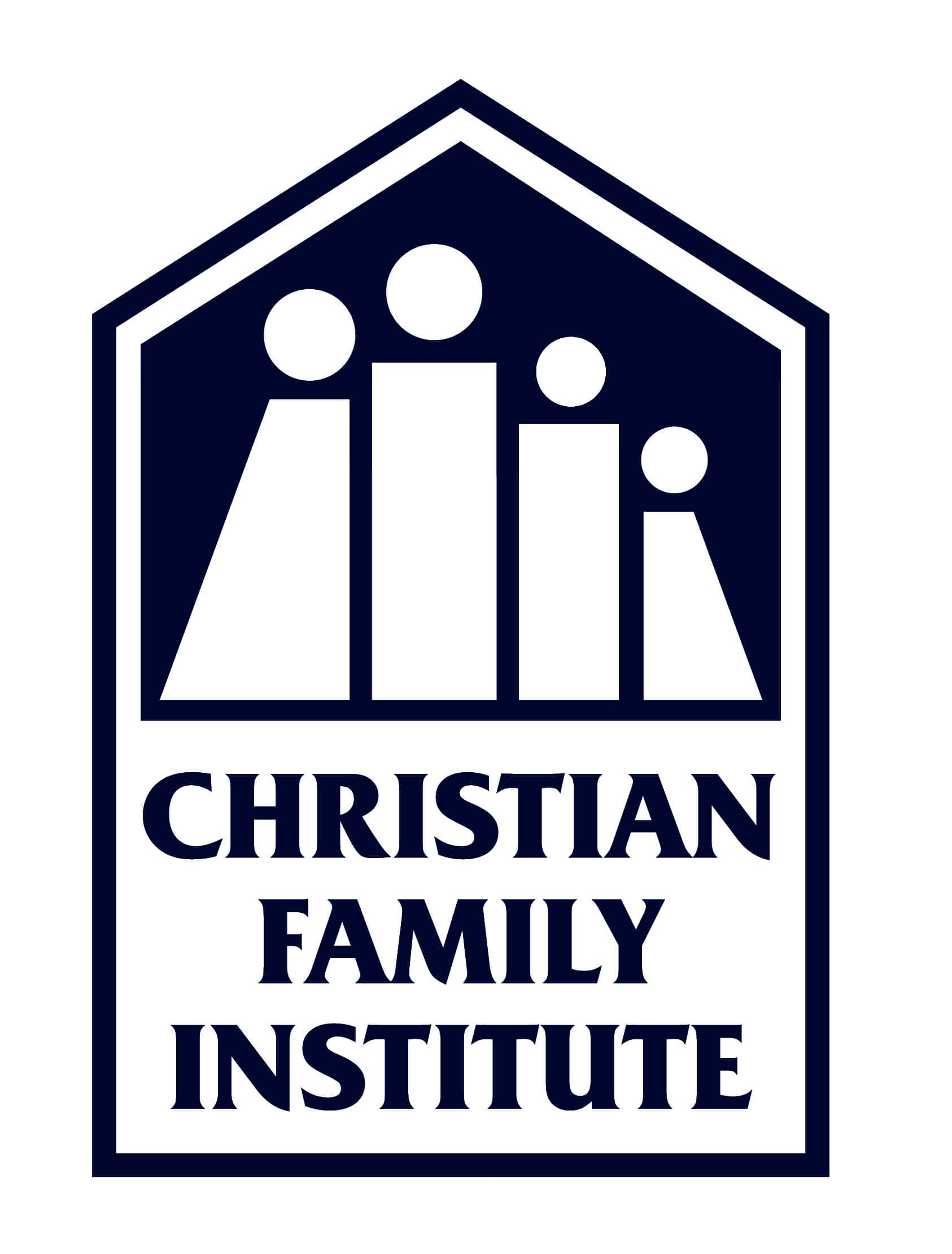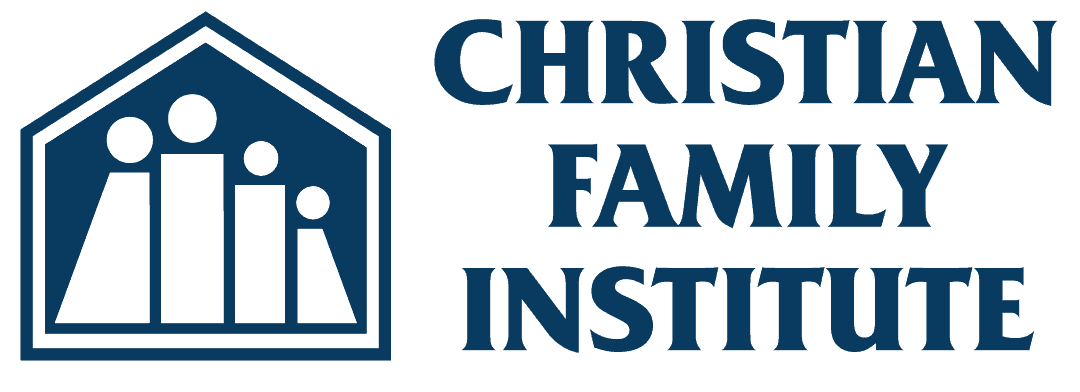
15 Jun Jesus Had a Screwed up Family (Tree) Too
I was first introduced to the intentional nature of Matthew’s account of Jesus’ lineage while attending a freshman intro course of New Testament study at Oklahoma Baptist University (or at least that’s when I remember it sinking in) taught by Mac Roark – since retired.
If I remember correctly, Matthew specifically mentions individuals in Jesus’ family tree that most people would like to accidentally leave out of their own histories:
Women of “questionable character,” ¹ including the likes of prostitutes and adulterers are specifically mentioned.
Also mentioned are “evil” people, and a note in another Bible says that God “works through ordinary people” to “accomplish his will.” ²
What does Jesus’ family tree have to do with thoughts on psychology, psychotherapy and families? Well, in family therapy we commonly talk about inter-generational trauma or the affects of previous family patterns on current family dynamics. If it can be said that Jesus’ own family history included generational embarrassments and individuals of “questionable character,” can it also be said that great healing and redemption can come from our own family histories?
One thing that impacts me about Matthew’s account of Jesus’ lineage is that he listed questionable individuals and even “evil” individuals in the genealogy. It provides a sense of hope that regardless of the struggles which might have been a part of your family, both in distant past and in current circumstances, God can work out some impressive results.
I also happen to think that Matthew provided a nice example for psychotherapy in that he was willing to engage in conversation about previous sore spots in the family. I think talking about issues is one step in the healing process.
My above thoughts were in response to this podcast from Imago Dei Community in Portland regarding the Advent season.
Written by Tim Doty, Psy.D.
REFERENCES
1 According to the ESV Study Bible notes
2 NIV Life Application Study Bible notes


